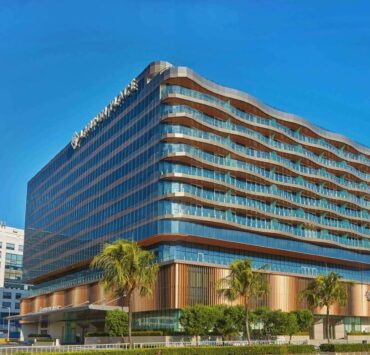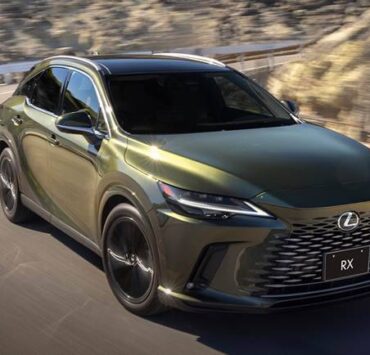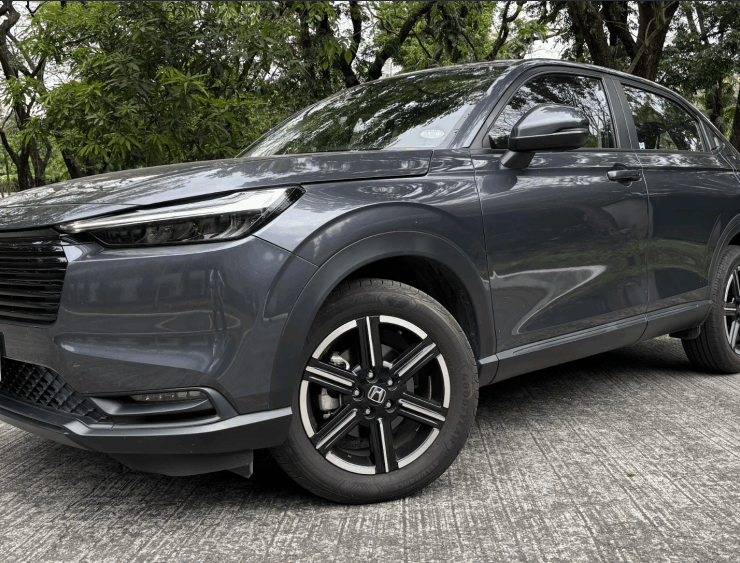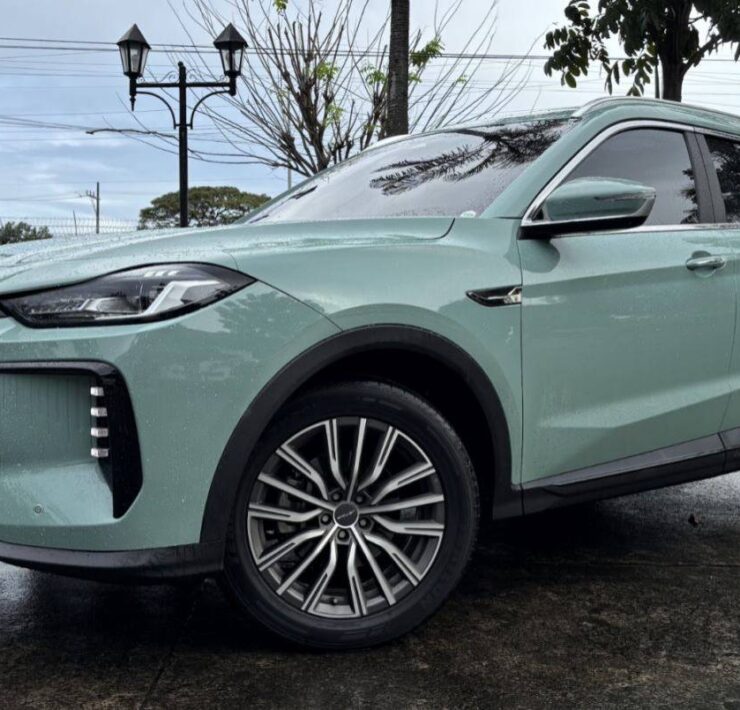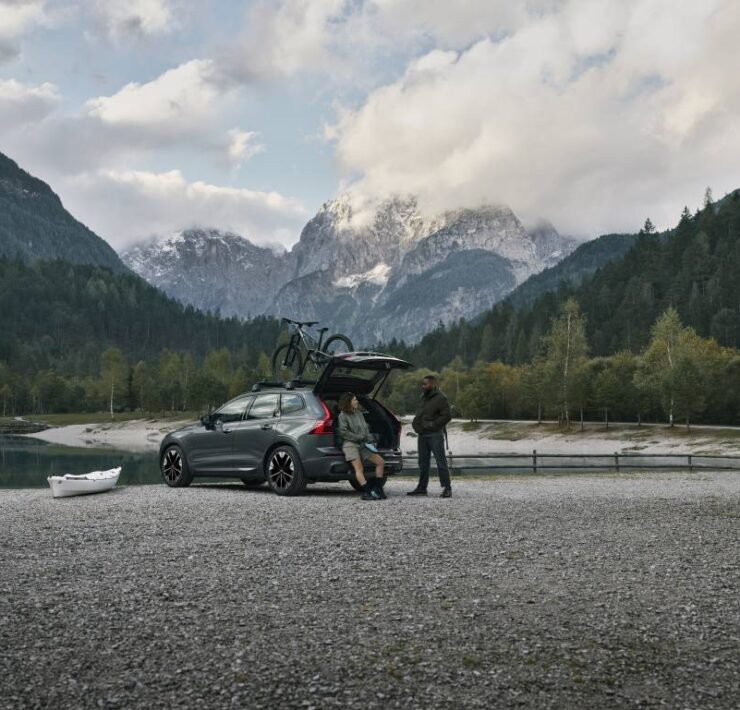Picking up the pieces
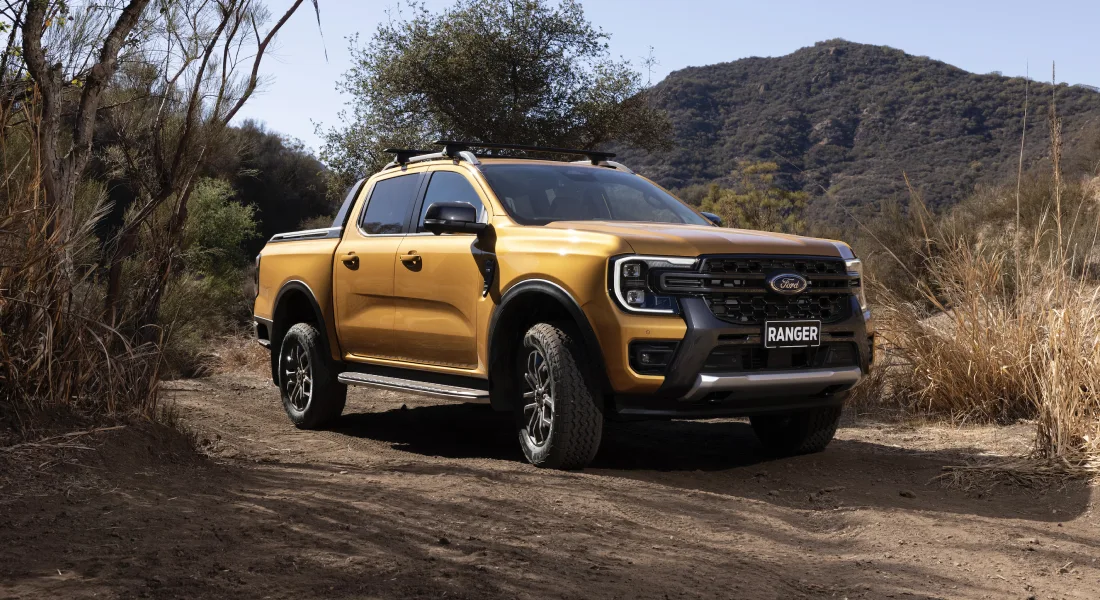
July 1, 2025 means many things to the automotive industry.
For instance, it signifies the official start of the second half of the year, when factors like holiday bonuses come into play. But things may be more complicated for some carmakers in 2025 as July 1 also signifies the start of excise taxes on pick-up trucks under Republic Act 12214 or the “Capital Market Efficiency Promotion Act” (CMEPA).
The measure, which President Ferdinand Marcos Jr. signed into law last May 29, repeals the tax exemptions under Republic Act No. 10963 or the “Tax Reform for Acceleration and Inclusion Law” that were given to pick-ups for their role in helping small businesses. In other words, prices of these beasts of burden are about to substantially increase.
We take a look at what this all means for buyers and carmakers, as well as how electrification may be your ticket into the pick-up lifestyle.
Now or never
If you’re in the market for a pick-up truck, now is absolutely the best time to buy one, regardless of how you plan to use it.
Business-oriented models under P1 million like the recently launched Toyota Tamaraw would be subject to an additional 10-percent tax. But lifestyle-oriented pick-ups priced from P1 million to under P4 million, such as the Ford Ranger Raptor and Toyota Hilux GR Sport, are in the 20-percent tax bracket.
Indeed, some dealers are reportedly warning buyers of hefty price hikes ranging from P200,000 to an eye-watering P600,000. In effect, these big brutes will no longer be tantalizing alternatives to small sedans and crossovers.
Lion’s share
To maintain healthy profit margins, carmakers must pass on these excise taxes to their customers. But as the law of supply and demand dictates, hiking the price will naturally result in lower sales. This is a major issue for carmakers who bank heavily on pick-ups for their annual revenue, particularly top 10 best-selling brands like Ford and Nissan.
Data from the Philippine Automotive Dealers Association shows that Ford Philippines, which placed third in last year’s sales charts, sold 6,728 units from January to April 2025. Among this, 6,638 units or a staggering 98.7 percent of the Blue Oval’s sales were commercial vehicles (CV) that include the Ranger pick-up and the Everest sport-utility vehicle (SUV).
It’s the same story with 2024’s fourth-placer Nissan Philippines Inc. (NPI), where 7,932 out of its 8,182 unit sales (or around 97 percent) were CVs like the Navara pick-up and the Terra SUV.
And then there’s Foton Philippines with 1,217 units, which are all CVs like the Tunland pick-up.
Electrification solution
The obvious route for carmakers is to offer models that would not be covered by the new excise taxes – this generally means going electric.
CMEPA maintains the temporary tax exemptions granted to hybrid-electric vehicles (HEV) and battery-electric vehicles (BEV) under Executive Order 12 that President Marcos Jr. signed last February 2023. NPI already sells two electrified models in the country, namely the popular Kicks E-POWER HEV crossover and the LEAF BEV hatchback.
Meanwhile, Ford is reportedly looking into staking its claim in the Philippines’ growing electrified-vehicle segment. It offers HEV versions of the Territory and Escape crossovers, as well as the Ranger pick-up, in other markets.
And for those who simply cannot live without a pick-up, carmakers are already offering electrified models like the BYD Shark 6 DM-O and the Foton Tunland, as of press time.
While these taxes will undoubtedly create disruption in the local car market, expect these brands to fight to the death to adapt and overcome.













